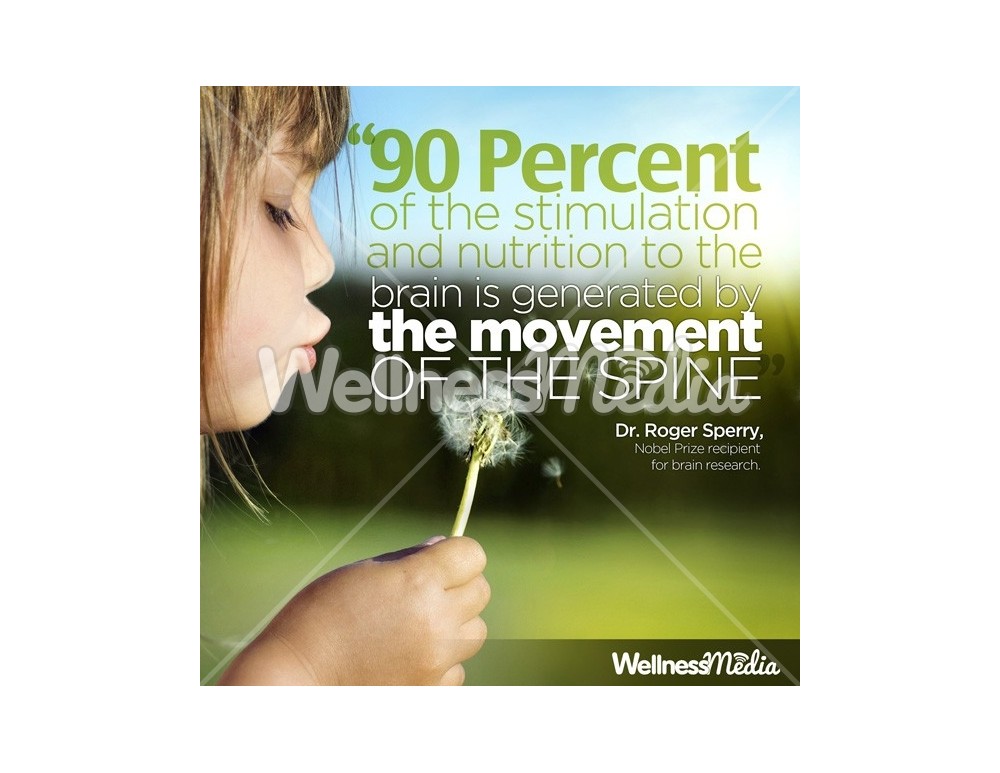The Influence Of Diet Plan On Pain In The Back Monitoring: Foods To Include And Foods To Exclude
The Influence Of Diet Plan On Pain In The Back Monitoring: Foods To Include And Foods To Exclude
Blog Article
physical therapy for back tribeca nyc -Hsu Hardin
When it pertains to handling your pain in the back, the food choices you make can substantially affect exactly how you really feel every day. Think of having the ability to reduce your pain just by readjusting what you eat. By recognizing the duty of nourishment in neck and back pain management and recognizing which foods to include or stay away from, you can take positive steps towards a much healthier and extra comfortable lifestyle. The connection between nutrition and back health is more extensive than you might realize-- let's explore exactly how specific foods can either relieve or intensify your back pain.
Value of Nourishment in Back Pain
Nutrition plays a critical role in handling neck and back pain. Your diet can substantially influence inflammation levels and general discomfort levels in your back. Taking in browse this site balanced diet regimen abundant in nutrients like vitamins D and K, calcium, magnesium, and omega-3 fatty acids can help in reducing swelling and reinforce bones, which are crucial for back health.
In addition, preserving a healthy and balanced weight through appropriate nourishment can relieve tension on your spine, minimizing the risk of neck and back pain.
In addition, certain nutrients like anti-oxidants discovered in vegetables and fruits can help battle oxidative anxiety and advertise recovery in the body, consisting of the back muscular tissues and spinal column.
On the other hand, consuming excessive amounts of processed foods, sugary drinks, and undesirable fats can add to swelling and weight gain, worsening pain in the back.
Foods to Consume for Back Wellness
To sustain a healthy back, incorporating nutrient-rich foods right into your daily meals is essential. Consisting of foods high in anti-oxidants like berries, spinach, and kale can help reduce swelling in your back, relieving discomfort and pain. Omega-3 fats discovered in fatty fish such as salmon and mackerel have anti-inflammatory residential or commercial properties that can profit your back wellness.
Additionally, taking in nuts and seeds like almonds, walnuts, and chia seeds offers vital nutrients like magnesium and vitamin E, which sustain muscle mass function and decrease oxidative stress and anxiety. Integrating lean proteins such as hen, turkey, and tofu can assist in muscular tissue repair work and upkeep, promoting a strong back.
Do not neglect to consist of milk or fortified plant-based alternatives for calcium to sustain bone health. Finally, hydrate with a lot of water to keep your spine discs moistened and functioning efficiently. By including these nutrient-dense foods in your diet, you can nurture your back and support overall spine wellness.
Foods to Avoid for Back Pain
Select staying clear of refined foods high in added sugars and trans fats when seeking relief from pain in the back. These types of foods can contribute to swelling in the body, which might worsen back pain. Say no to sweet snacks sweet, pastries, and sugary drinks, along with fast food things like hamburgers, french fries, and fried chicken that are often packed with trans fats.
Additionally, stay away from foods including high levels of polished carbs, such as white bread, pasta, and breads, as they can surge blood sugar level degrees and potentially worsen swelling in the body.
It's additionally wise to limit your intake of foods high in saturated fats, like red meat and full-fat milk items, as they can contribute to inflammation. Processed foods like deli meats, chips, and packaged treats are usually high in saturated fats and must be eaten in small amounts.
Conclusion
To conclude, taking notice of your diet and making smart food options can have a substantial influence on taking care of back pain. By including nutrient-rich foods like berries, fatty fish, nuts, and lean healthy proteins, and staying clear of processed and sweet items, you can help in reducing swelling and support on the whole back health. Remember, what you consume plays an essential duty in how you feel, so see to it to prioritize your nutrition for a healthier back.
